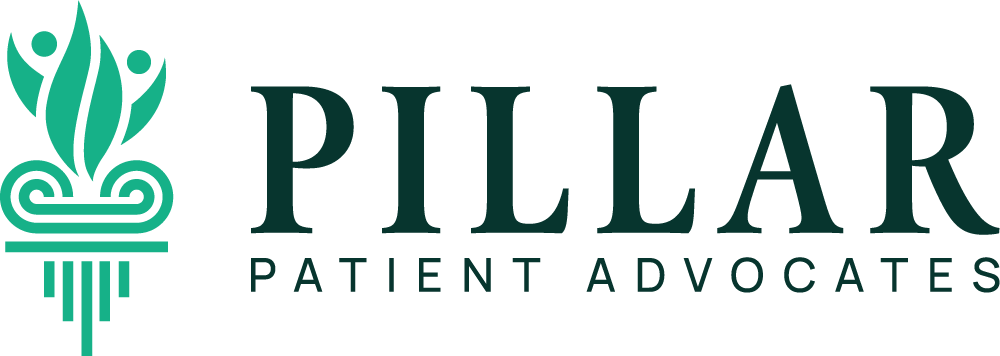Protect your elderly loved ones from financial scams by learning the warning signs, common tactics, and steps to safeguard their financial well-being.
Understanding Financial Scams Targeting the Elderly
Scams that affect seniors can impact anyone, but the elderly are particularly vulnerable. This is due to their perceived lack of technological knowledge and susceptibility to manipulation. Individuals with memory loss, dementia, Alzheimer’s, or cognitive impairments are more likely to be targeted due to their health conditions.
Common Types of Scams
-
Tech Support Scams
Scammers pretend to be from legitimate software companies and offer to fix non-existent issues with your computer.
-
Online Shopping Scams
Fraudulent sellers on online marketplaces trick buyers into paying for goods that are never delivered or not as described.
-
Phishing Scams
Fraudsters pose as legitimate institutions to steal personal information.
-
Telemarketing Fraud
Unsolicited calls offering fake products or services.
-
Lottery and Sweepstakes Scams
Victims are told they have won a prize but must pay a fee to claim it.
-
Healthcare Scams
Scammers offer fake medical services or equipment.
Imposter Scams
Imposter scams use two main methods of deception:
Authority
Scammers pose as authority figures, such as utility companies, the IRS, or banks, to intimidate victims into compliance.
- Example: Claiming to be from the IRS and demanding immediate payment to avoid criminal charges.
- Example: Pretending to be a utility company threatening to cut off services unless payment is made.
Familiarity
Fraudsters impersonate loved ones to gain trust and request money or sensitive information.
- Example: The “grandparent scam,” where scammers pretend to be a grandchild in urgent need of financial help.
- Example: Romance scams, where scammers feign romantic interest to exploit victims financially.
Signs of Financial Scams
- Unsolicited offers via phone, email, or mail.
- Pressure to act quickly to prevent thinking or consulting others.
- Requests for personal information such as Social Security numbers or bank details.
- Unusual transactions in financial statements.
Financial Impact of Scams
In 2022, the FBI reported that the average victim lost over $35,000 to fraudsters. In over 5,000 cases of elder fraud, victims lost over $100,000.
Steps to Protect Elderly Loved Ones
- Educate them about common scams and how to recognize them.
- Encourage open communication about financial matters.
- Monitor bank and credit card statements for suspicious activity.
- Set up a power of attorney for financial decisions if necessary.
What to Do If You or a Loved One Has Been Scammed
- Report the scam to appropriate authorities.
- Change affected passwords and usernames. Consider deleting the affected profile.
- Contact us for guidance and support in protecting your loved ones from financial scams.
How We Can Help
We are a private patient advocacy firm supporting patients and their caregivers. If you have questions about a potential scam or need help finding legal assistance after being affected, we are here to help. Contact us for assistance.



